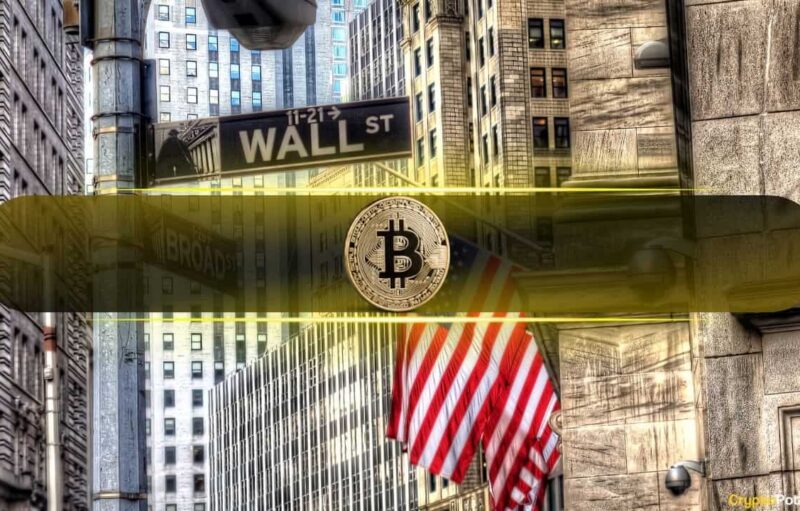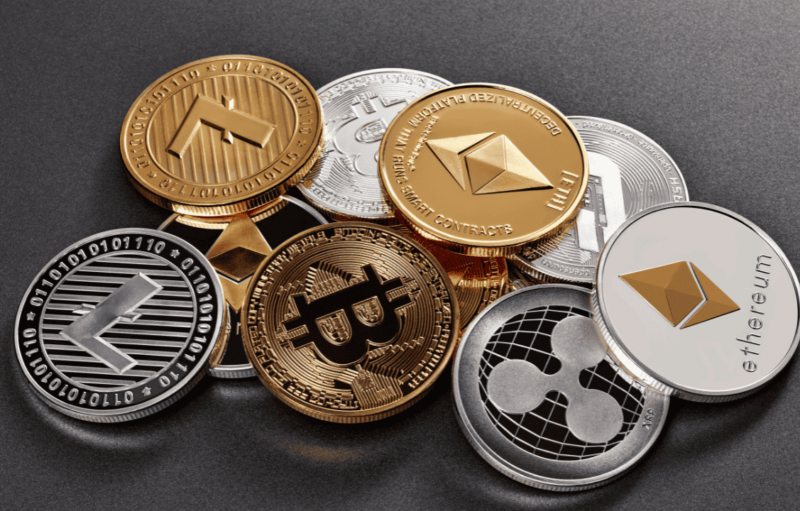

The Central Bank of Nigeria (CBN) has lifted a ban preventing banks from operating accounts for cryptocurrency service providers in the country.
According to a December 22 circular sent to banks, the affected financial institutions can now open accounts for Virtual Assets Service Providers (VASPs) registered with the Securities and Exchange Commission (SEC) in line with stringent know-your-customer (KYC) and anti-money laundering checks.
CBN Eases Crypto Ban
In February 2021, the CBN imposed a ban on crypto trading activities, ordering a closure of related bank accounts. The ban was a follow-up to earlier warnings against the use of unregulated cryptocurrencies and the place of such assets in facilitating money laundering and financing terrorism. The central bank sought to mitigate risks and vulnerabilities that abounded in the absence of regulations and consumer protection measures.
The ban has disrupted Nigeria’s fast-growing crypto market for the past two years, as users have encountered difficulties buying and selling their assets.
However, the CBN has realized the need to regulate the activities of VASPs as current global trends show the mass recognition and adoption of crypto assets. To this effect, the central bank has issued guidelines to establish complaint relationships between banks and VASPs.
“In view of the foregoing, the CBN hereby issues this Guidelines to provide guidance to financial institutions under its regulatory purview in respect of their banking relationship with VASPs in Nigeria. The Guidelines supersedes the CBN’s circulars referenced FPR/DIR/GEN/CIR/06/010 of January 12, 2017 and BSD/DIR/PUB/LAB/014/001 of February 5, 2021 on the subject,” said Haruna Mustafa, the director of Financial Policy and Regulation Department.
Banks Still Prohibited From Holding Crypto
Although banks and affected financial institutions can now open designated accounts for VASPs, they are still prohibited from holding, trading, or transacting cryptocurrencies from their accounts.
While Nigeria attempts to put regulatory measures in place, the лоцал crypto sector continues to boom. A September survey by Web3 software company Consensys found the country to be leading in crypto awareness across all continents, with 99% of its citizens having heard of the asset class and 91% willing to invest.
Meanwhile, the Nigerian Federal Ministry of Communications and Digital Economy (FMCDE) approved the National Blockchain Policy earlier this year to pave the way for the formal utilization of blockchain technology in the country.
Binance Free $100 (Exclusive): Use this link to register and receive $100 free and 10% off fees on Binance Futures first month (terms).
The post appeared first on CryptoPotato






